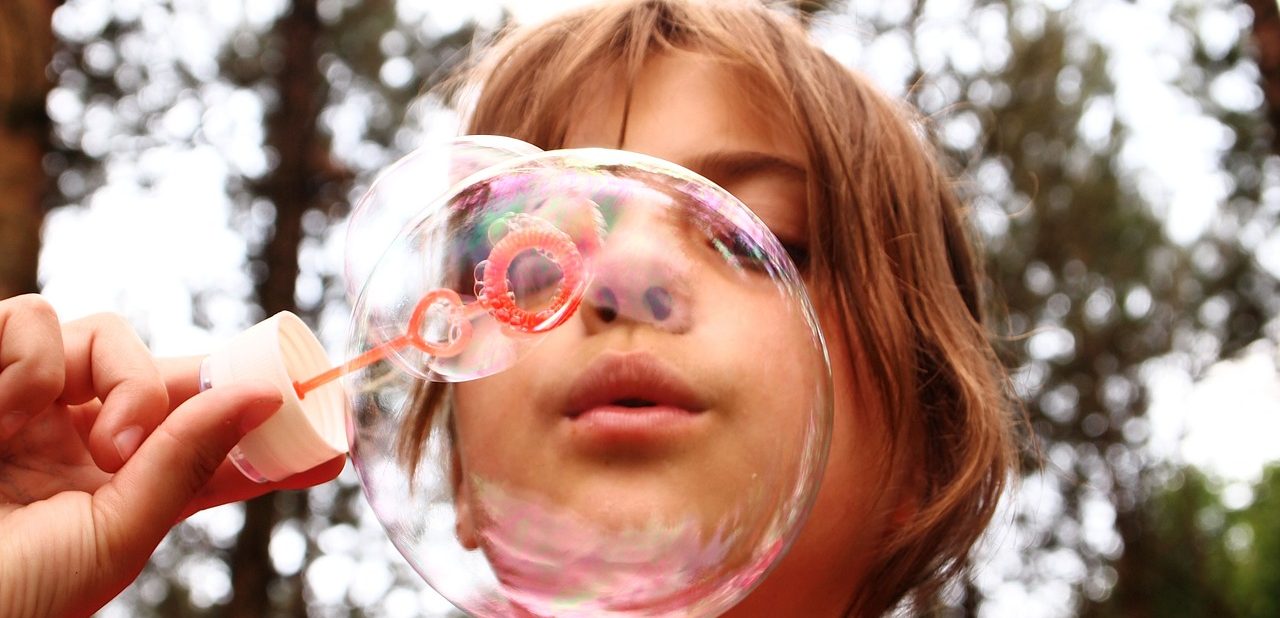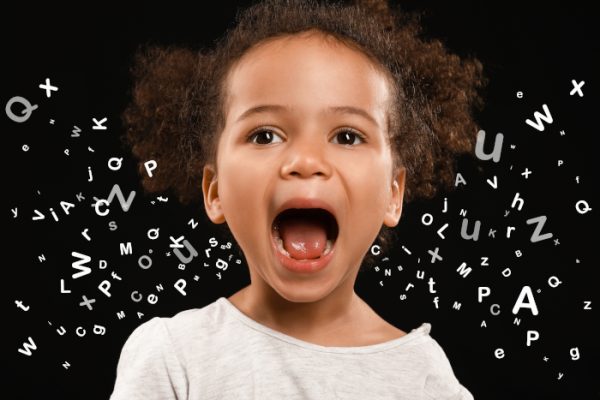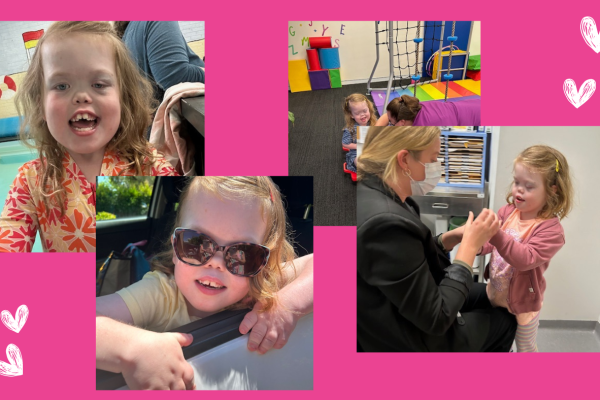
8 self-regulation strategies for kids
It is the end of a long day, and your 2-year-old is having a meltdown because you told her she can’t have ice cream for dinner. Does this sound familiar? This is in part due to her feeling every emotion in a more intense way and not yet knowing how to control her reaction.
What is Self-Regulation?
Self-regulation is an early life marker that is imperative for later life successes. It is the process your child’s brain goes through for him/her to be able to control their energy level, emotions, and behaviors according to the demands within a given situation. It is having the skill to resist highly emotional reactions to upsetting environmental stimuli, calming down when upset, being flexible to change, and handling frustration without an outburst.
Self-regulation is a key foundational skill in early child development. Your child needs your help in the beginning to help with immediate regulation of their emotions. By providing strategies and opportunities to practice how to remain calm and collected in stressful situations, your child can develop strong habits that they carry with them into the future.
Three Phases of Self-Regulation
Self-Regulation can be broken down into the following 3 phases:
- Emotional Regulation, which enables your child to focus on activities without having their emotions get in the way.
- Sensory Regulation, which is your child’s ability to achieve a certain level of sensory control.
- Cognitive Regulation, which is where your child learns how to control their beliefs and perceptions about the world around them.
Self-Regulation in Child Development
Self-regulation develops in the following manner:
- 12-18 months of age, your child becomes aware of social demands and the ability to change their behavior when a parent asks.
- By 2 years of age, your child will start to develop self-control.
- By 3 years of age, your child will begin to generalize self-regulation strategies used from previous experiences. Your child will begin to act in a way that reflects how they think mom and dad would want them to act in different situations.
Strategies to Help Your Child’s Self-Regulation Skills:
Self-regulation skills are linked to how well your child can manage everyday tasks. With these skills, your child will be able to manage unpredictable life events more easily. Here are some simple, fun, and easy ways to support your child’s self-regulation skills on a day-to-day basis:
1. Rest and Nutrition
Tantrums can occur when your child is overtired or hungry. Make sure your child is getting enough rest and nutrition throughout the day. Sometimes, an afternoon tantrum calls for a quick afternoon snack!
2. Outside Play
Change the scene and bring your child out into the fresh air. Providing opportunities for free, outdoor play lets the energy out and fills the body with happy feelings! (Find outdoor play inspiration in the NAPA blog: Water Play Activities and Outdoor Gross Motor Activities)
3. Blowing Bubbles
Help your child learn how to breathe deeply by blowing bubbles. Plus, who doesn’t love bubbles? The sensory rich experience will also create a calming effect for your child during a tough time.
4. Talk and Read About Feelings
Check in with your child periodically about how they are feeling. Give your child a wide emotional vocabulary by talking and reading about it. Identify feelings and use emotion words such as anger, sadness, frustration, worried. Understanding our emotions is the first step in being able to self-regulate.
5. Be Responsive
Pay attention to your child’s unique needs and cues. If you are in a noisy environment, try moving to a quieter space.
6. Creating a “Calming Corner”
A useful space to have somewhere in your home, that is peaceful with familiar items, where your toddler can go to get space if they need it.
7. Visual Schedule
Picture schedules are a wonderful way to allow for increased organisation in your child’s brain, to better understand what is coming next. It also gives them something to look forward to!
8. Timers
Help with transition as it will warn your child when the activity ends.
About NAPA Centre
Article written by the therapists at NAPA Centre, which is a paediatric clinic offering occupational therapy, Physiotherapy and Speech Therapy for children with complex needs. NAPA Centre has 9 locations across the world, including three here in Australia – Sydney, Brisbane and Melbourne. At NAPA Centre, we take an individualised approach to therapy because we understand that each child is unique with very specific needs. We embrace differences with an understanding that individualised programs work better. For this reason, no two therapeutic programs are alike. If your child needs our services, we will work closely with you to select the best therapies for them, creating a customized program specific to your child’s needs and your family’s goals. Let your child’s journey begin today by contacting our team to learn more. www.napacentre.com.au







